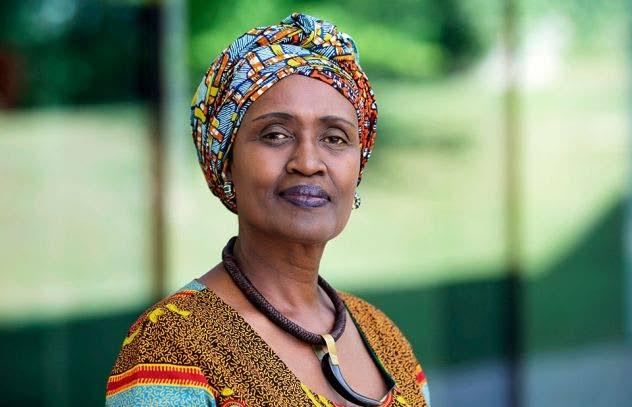|
Getting your Trinity Audio player ready...
|
By Baboloki Semele
Global AIDS leaders have joined forces in issuing a strong warning that derailing progress to end AIDS is putting millions of people in danger. They came together to launch UNAIDS Global AIDS Update 2022, ahead of the opening of the 24th International AIDS Conference in Montreal, 29 July to 2 August.
“The data we are sharing brings painful but vital news,” said Winnie Byanyima, Executive Director of UNAIDS. “The latest findings reveal that the response to the AIDS pandemic has been derailed by global crises, from the colliding pandemics of HIV and COVID-19 to the war in Ukraine and the resulting global economic crisis. Progress has been stalled, inequalities have widened, resources have shrunk, and millions of lives are now at risk.”
Her concerns were echoed by Dr. Anthony Fauci, Director of the National Institute of Allergy and Infectious Diseases and the Chief Medical Advisor to the President of the United States, who stated that the new data are a “wakeup call” and a reminder that the “global plague of HIV continues to rage.”
“There has, without a doubt, been backsliding in the HIV response amid the COVID-19 pandemic,” said Dr. Fauci. “Testing and hence HIV diagnoses decreased in many countries including in my own country. Harm reduction services to people who use drugs and other vulnerable people have been widely disrupted. Reduced access to TB diagnoses and treatment resulted in an increase in TB deaths among people living with HIV from 2019 to 2020. What UNAIDS’s new report calls “faltering progress” means that 1.5 million people were infected with HIV last year, tragically three times the global target that we had hoped for.
“As the global HIV community meets, the conference theme of re-engaging and following the science could not be a better fit. I am sure that I speak for all my US government colleagues when I say that we remain fully committed to the kinds of engagement needed to get us on a course to reach our goal of a world where HIV infections are uncommon and HIV deaths rare.”
Keren Dunaway from the International Community of Women Living with HIV set out her struggles as a young Latin American woman who was born with HIV, and those of other women living with HIV in her network. She shared the story of a young pregnant woman from Nicaragua who, when she was diagnosed with HIV, was blamed for having HIV by medical staff who even asked her how many men she had been with, and said her baby was already HIV positive without any prior testing.






